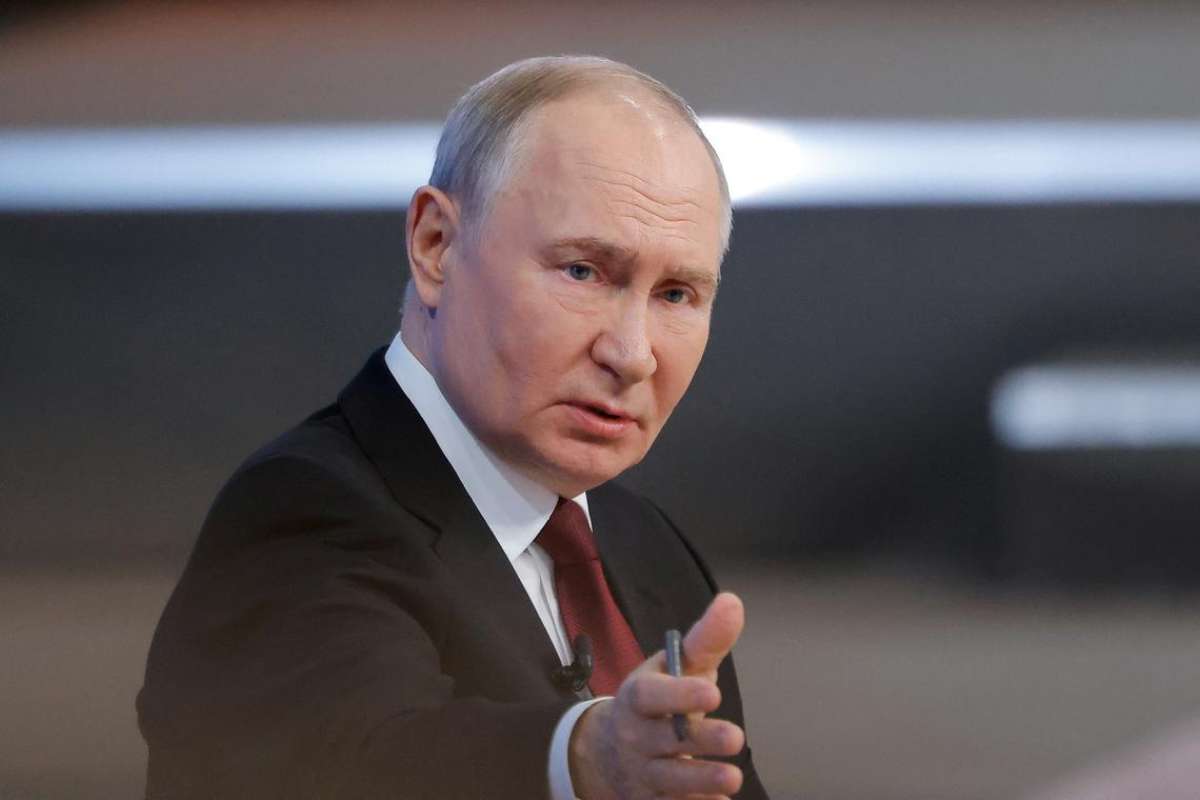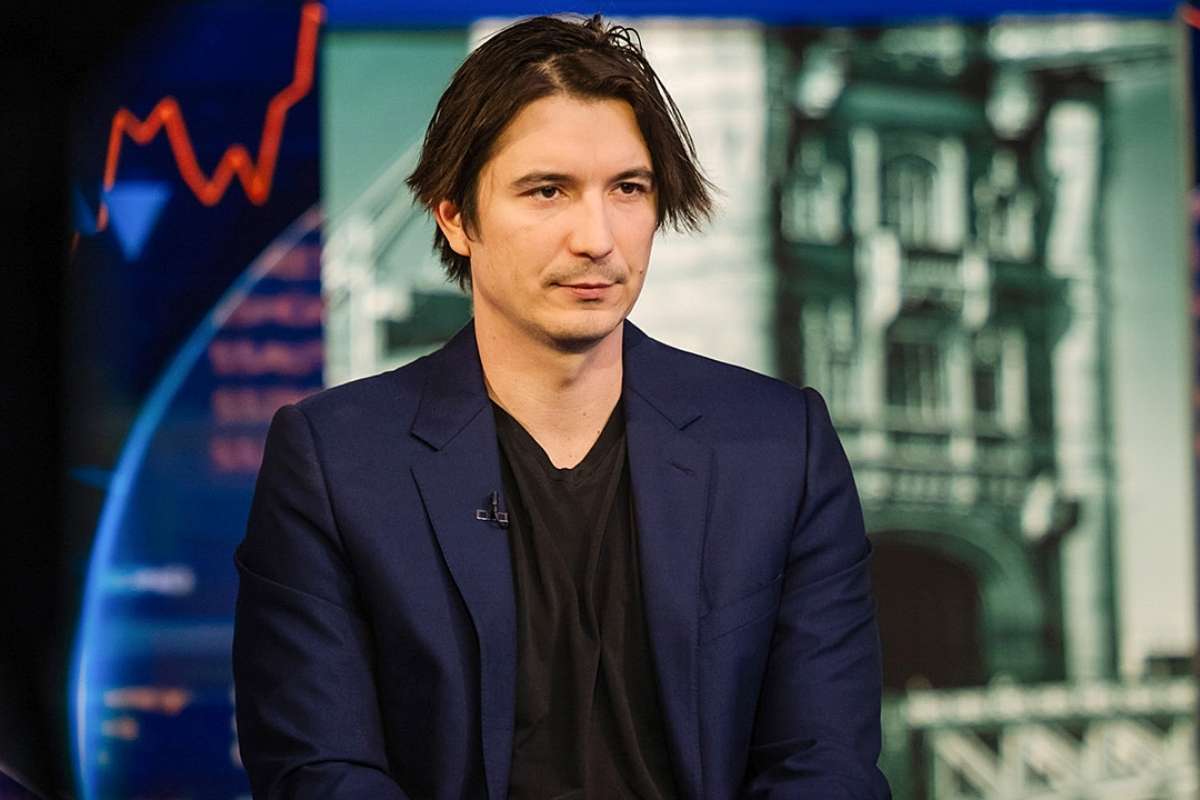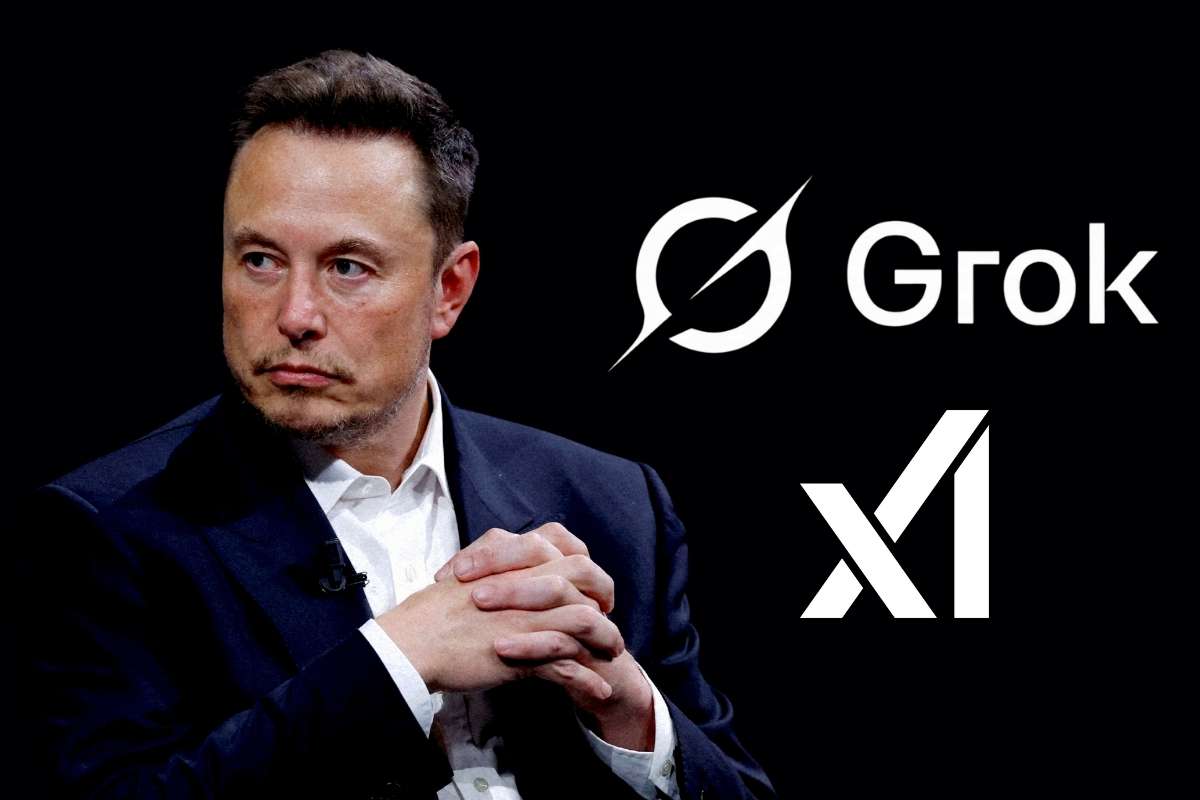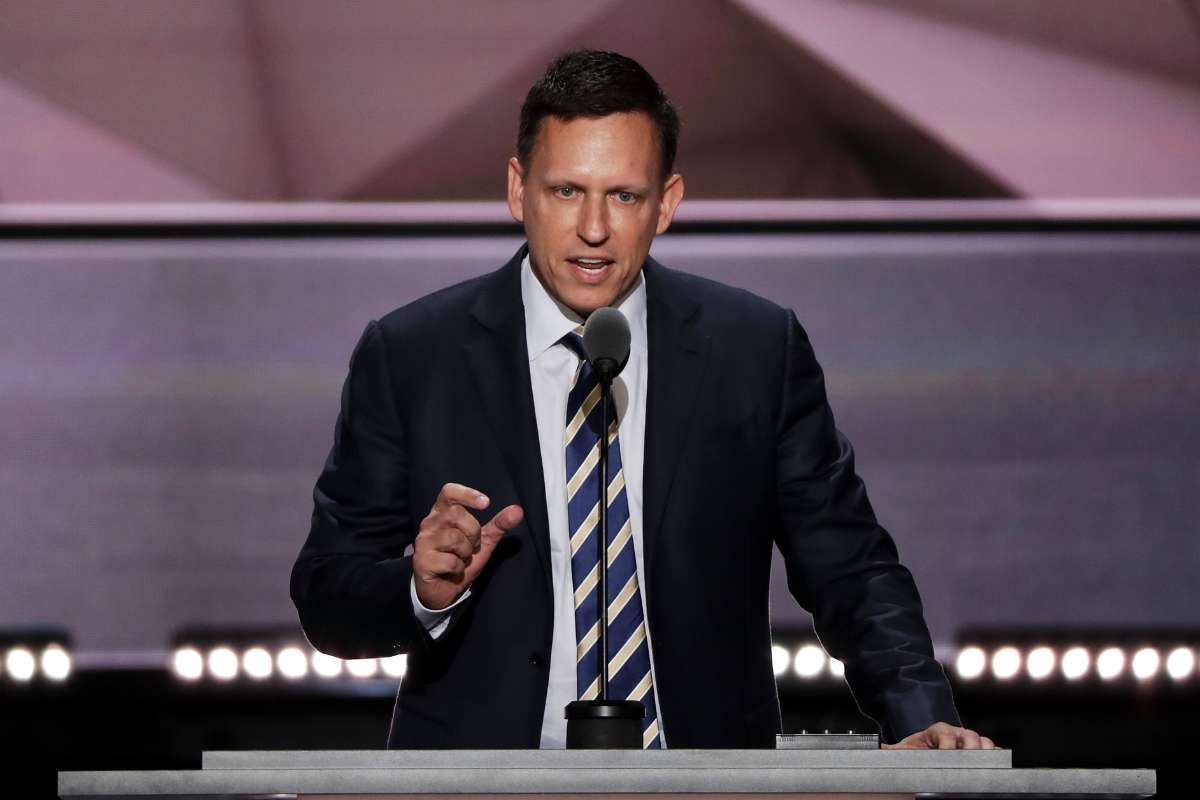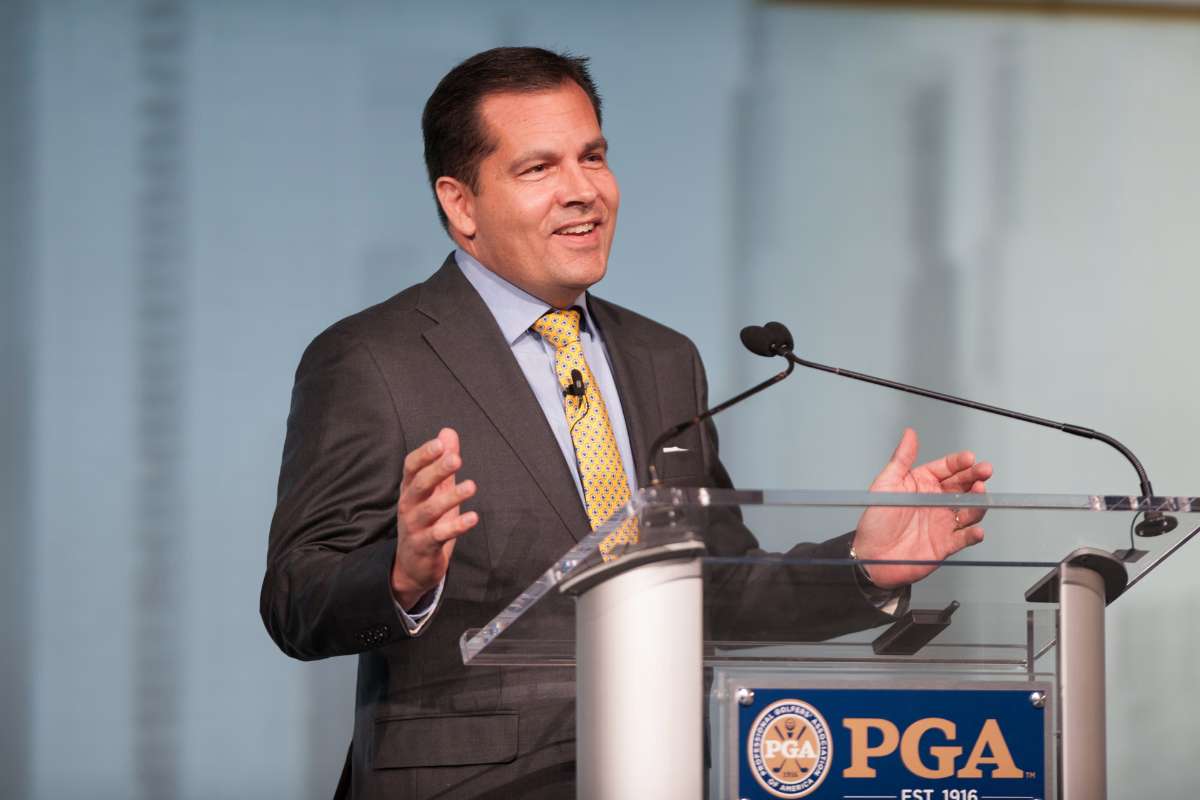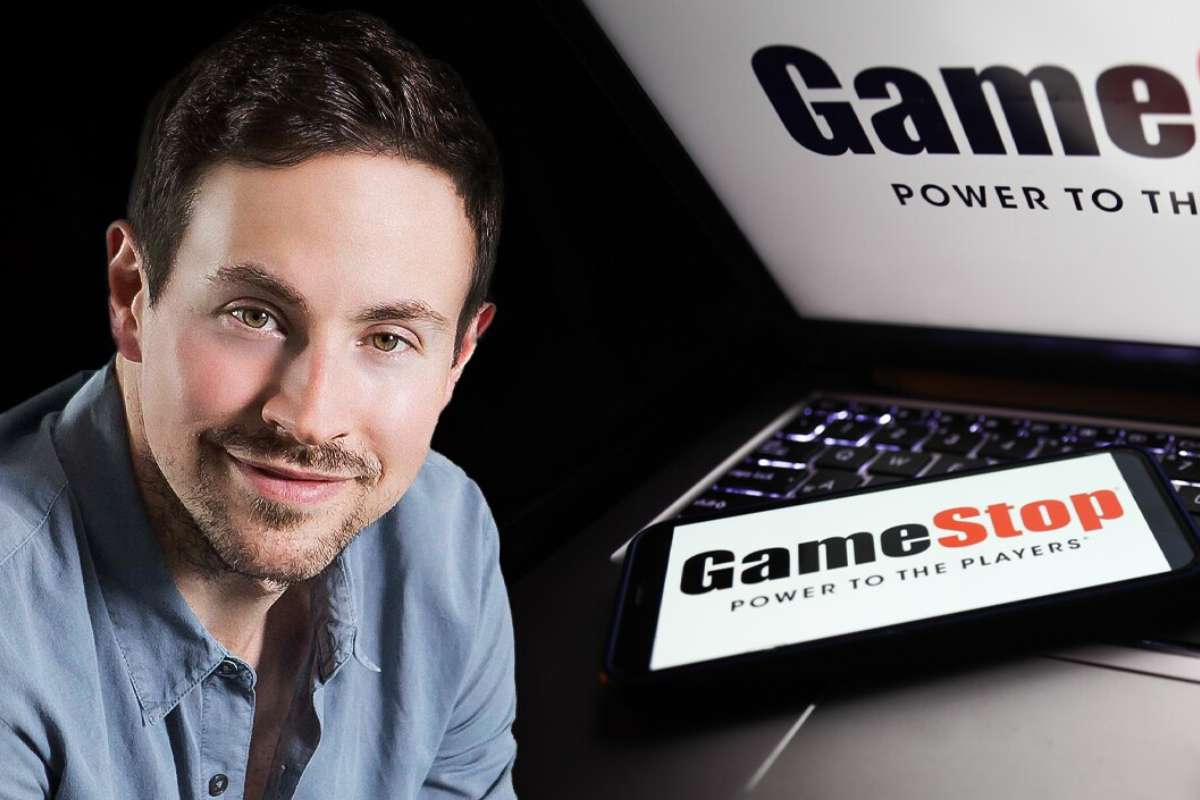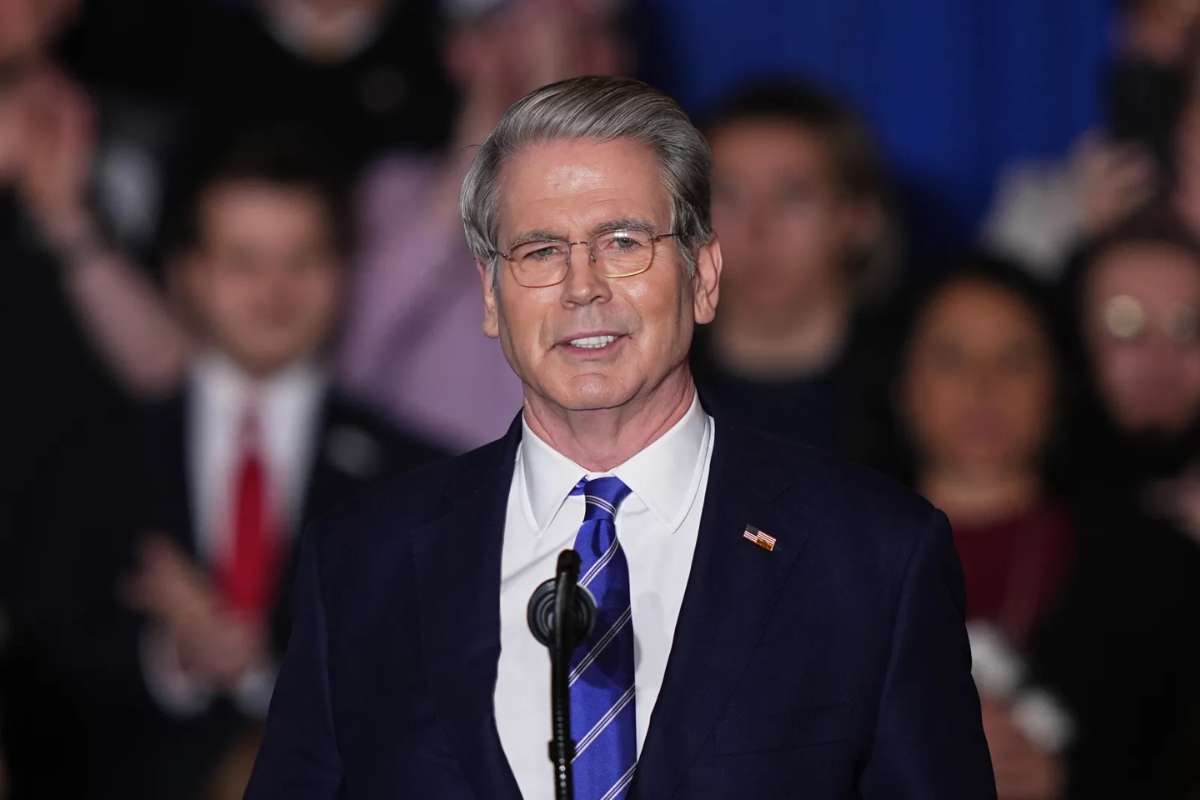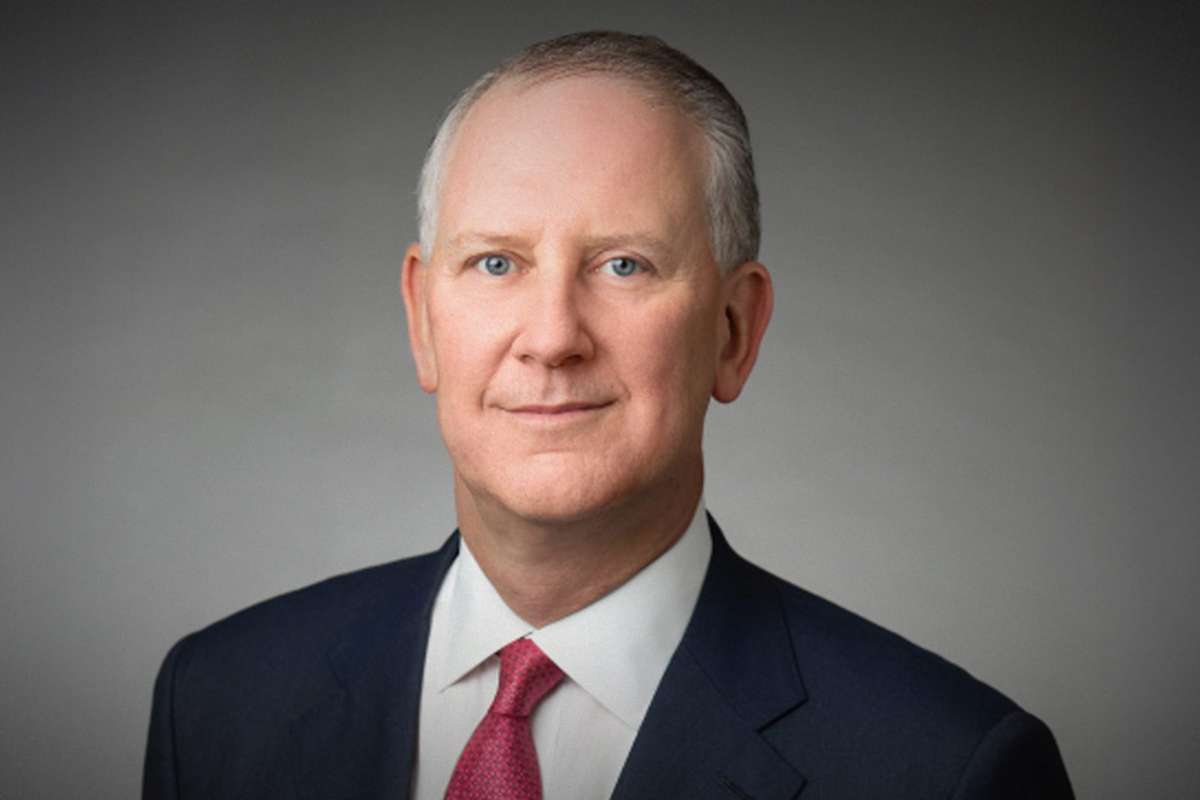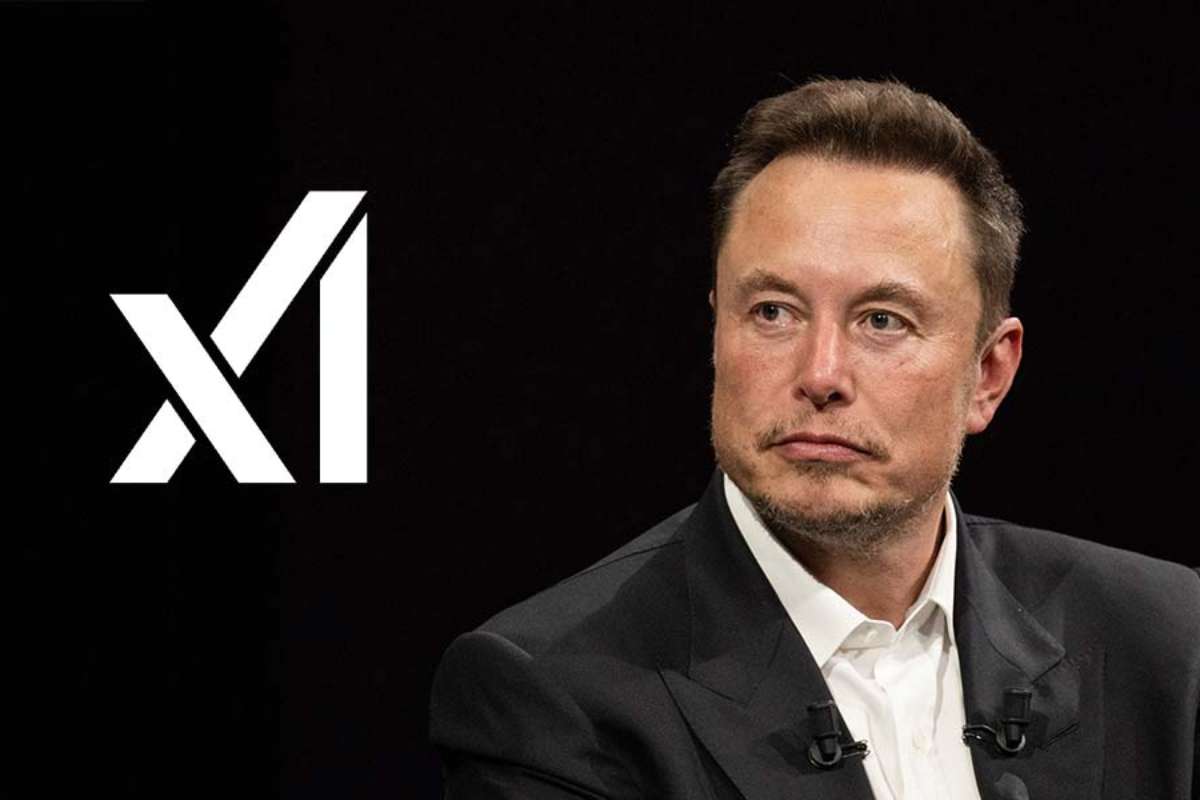Russian President Vladimir Putin has admitted that inflation is becoming a significant issue for the country, signaling concerns about an overheating economy. Speaking during his annual Direct Line Q&A session with Russian citizens on Thursday, Putin acknowledged the problem and emphasized that steps are being taken to address it.
He pointed out that inflation, coupled with economic overheating, is being actively tackled by both the government and the central bank. Russia’s consumer price index climbed to 8.9% in November compared to the same period last year, up from 8.5% in October. This surge has primarily been driven by increasing food prices, particularly the cost of milk and dairy products, which have risen sharply in 2023.
Factors Behind Rising Inflation
A weaker ruble, exacerbated by new U.S. sanctions imposed in November, has contributed to the inflationary pressures by increasing the cost of imports. Additionally, a massive rise in military spending has caused shortages in labor, supplies, and production in other sectors, further driving up prices. These economic pressures have also led to demands for higher wages.
Putin acknowledged inflation as an alarming signal. He shared that he had discussed the situation with Elvira Nabiullina, chairperson of the Russian Central Bank. According to their discussion, inflation had already risen to 9.3%. However, he emphasized that wages had grown by 9% in real terms, after adjusting for inflation, and that disposable income for the population had also increased.
Central Bank’s Response and Interest Rates
In response to persistent inflation, Russia’s central bank is expected to raise its benchmark interest rate by 200 basis points, taking it to 23%. This would be the highest level in a decade, surpassing the 20% rate seen during the 2022 invasion of Ukraine. The interest rate hike is aimed at addressing inflation in the country’s war-driven economy.
Russian President Vladimir Putin partially blamed international sanctions for rising prices, stating that while external restrictions and sanctions have an impact by increasing logistics costs, they are not the primary reason for inflation. He also criticized the central bank, suggesting that other tools beyond interest rate hikes could have been employed to manage inflation more effectively.
The president admitted that there were subjective factors and shortcomings in managing the economy. He stated that earlier decisions could have helped mitigate the current price increases. Despite these challenges, Putin expressed optimism that maintaining macroeconomic stability would allow Russia to overcome inflationary pressures.
Economic Outlook and Growth Projections
Russian President Vladimir Putin also outlined the government and central bank’s goal of achieving a soft landing for the economy, emphasizing that the economy was performing well overall. He predicted that Russia’s economic growth for 2023 would reach 3.9-4%.
The International Monetary Fund (IMF) offered a slightly lower projection, forecasting Russia’s economic growth at 3.6% for this year. However, the IMF expects growth to decelerate to 1.3% in 2025 due to slowing private consumption and investment, as well as reduced labor market tightness and slower wage growth.
Looking ahead, Putin estimated that Russia’s economic growth would range between 2% and 2.5% in 2024, signaling confidence in the country’s ability to navigate its economic challenges. Despite the hurdles posed by inflation and international sanctions, he remains optimistic about the resilience and stability of the Russian economy.

